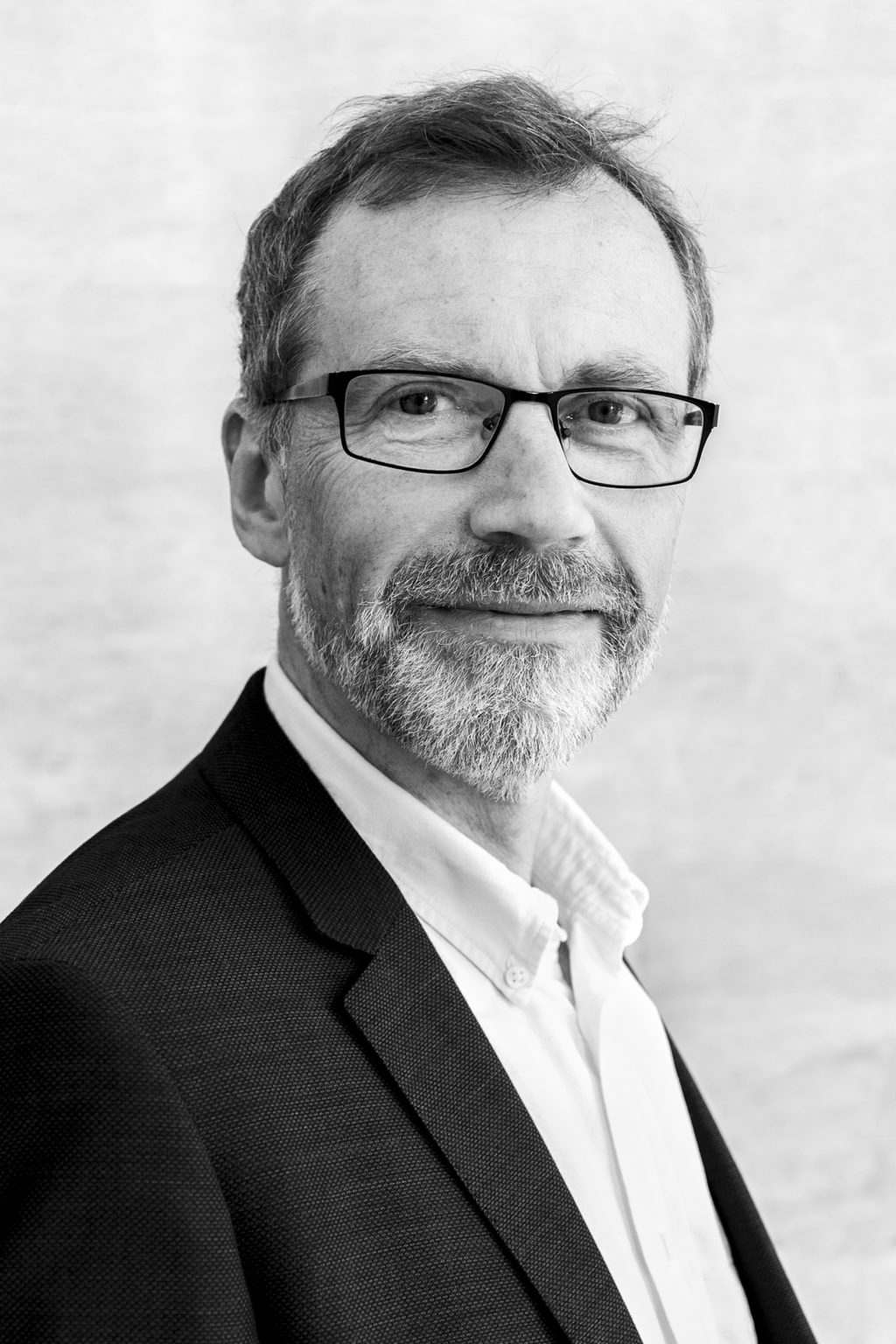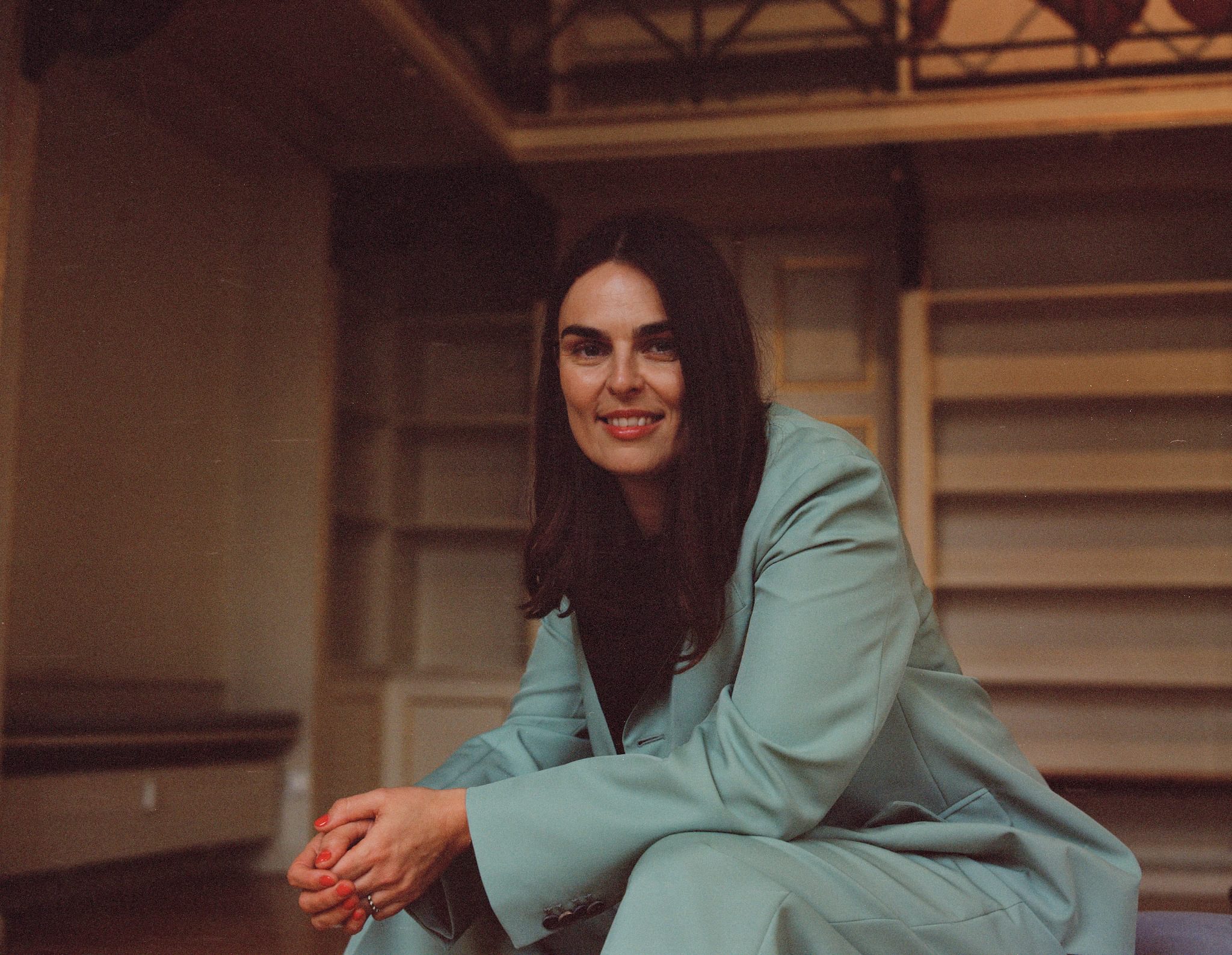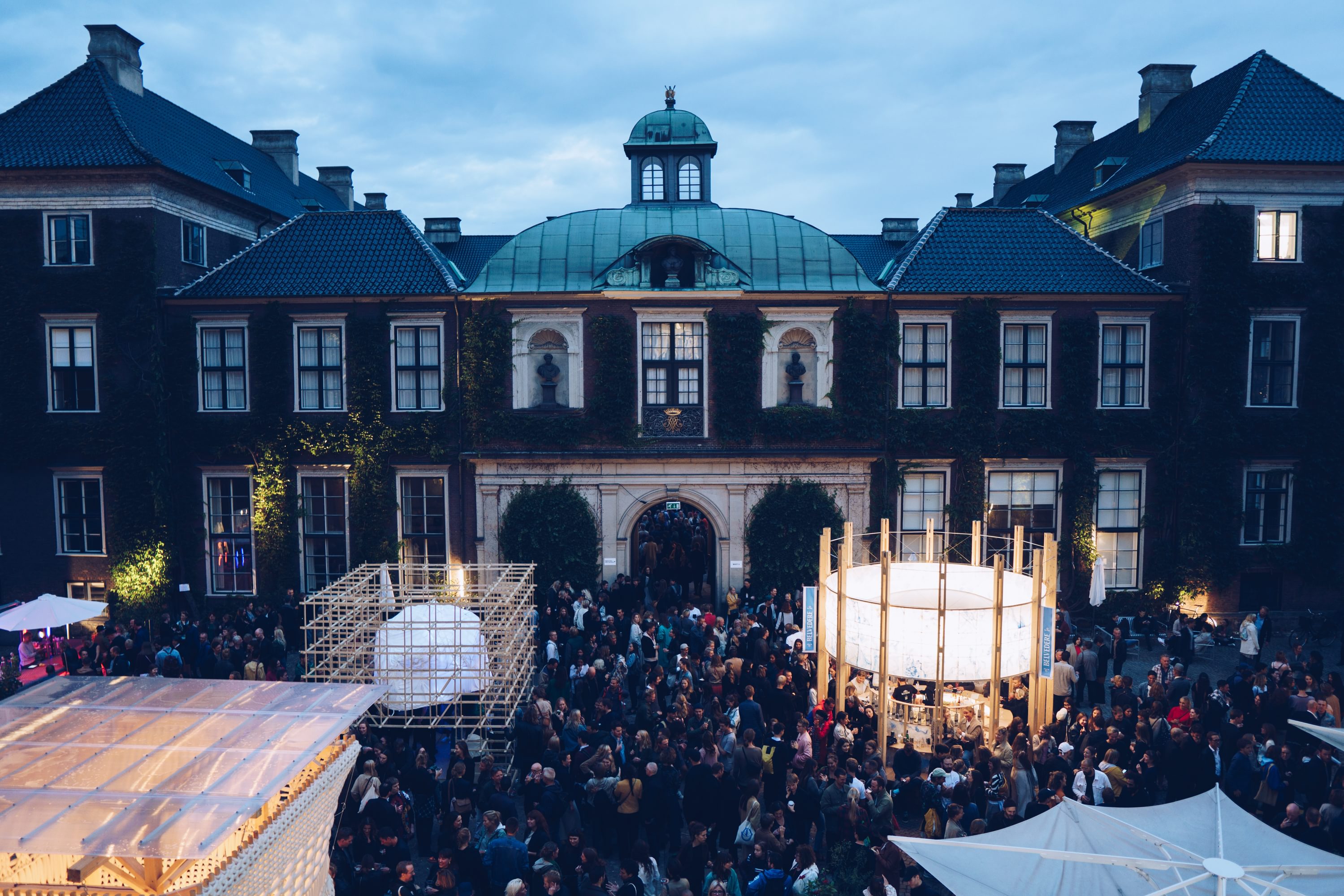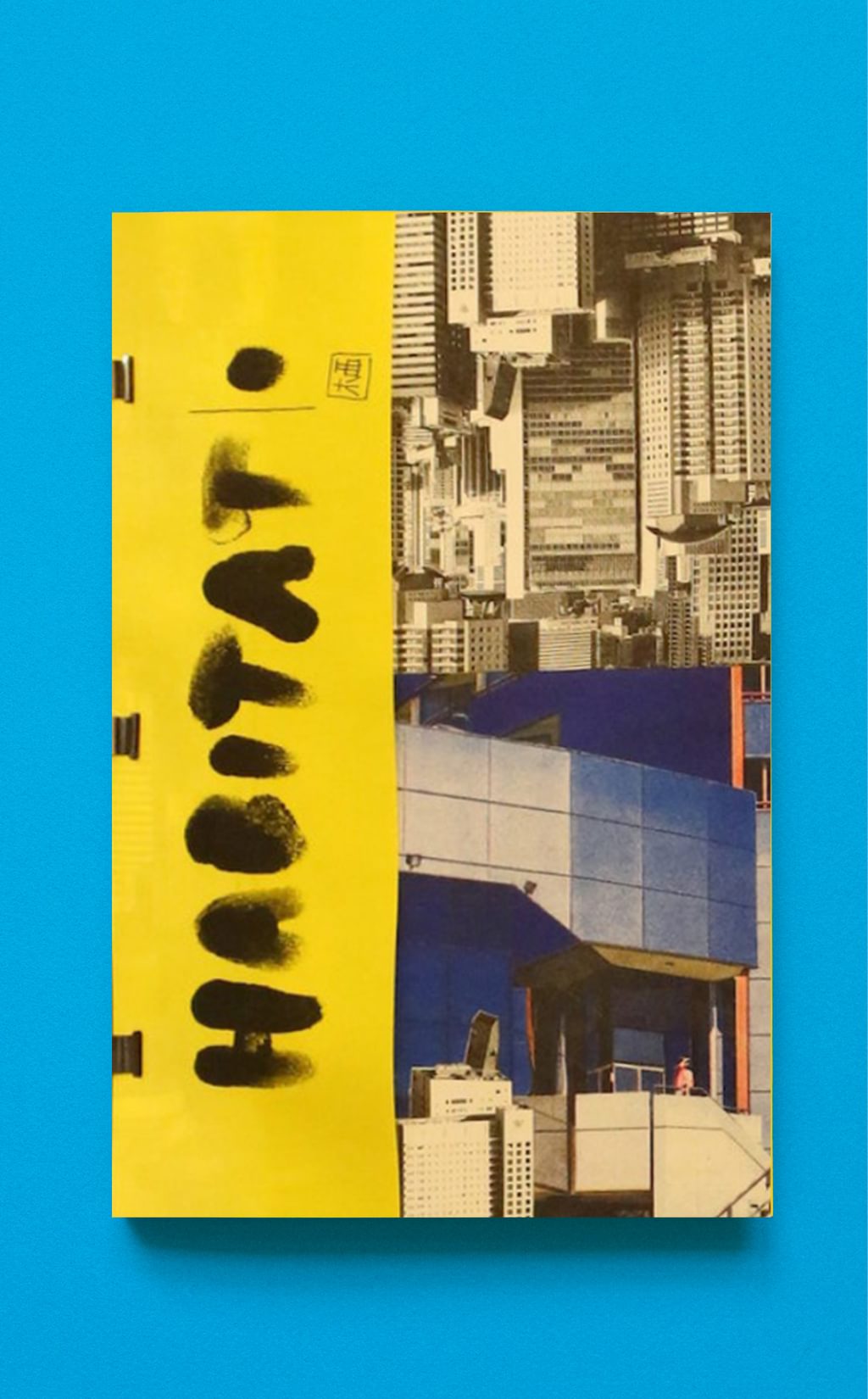
Director of SMK – The National Gallery of Denmark, Mikkel Bogh
Photo by Inger Marie Muldvad / SMK
What is your plan for the weekend during CHART?
One thing is for sure: It's going to be busy. Several meetings are scheduled, I’m on a panel Saturday, and have a guided tour and a talk at SMK on Sunday. Formal arrangements aside, I visit CHART to get a sense of what’s cooking on the Nordic gallery scene, to meet friends and colleagues I haven’t seen in an extraordinarily long time due to corona. There are lots of interesting artists on show, and I’m particularly curious to see works by Esben Weile Kjær (Andersen’s Contemporary), Sandra Mujinga (Croy Nielsen), Ragna Braase (Galleri Susanne Ottesen) and Sif Itona Westerberg (Gether Contemporary). This year’s art book fair is a great and very promising invention. I must admit that I’m a sucker for artist books and printed matter. I might also attend the talk on The Art Book As a Room.
Who are you?
I’ve been asking myself this question many times. I suppose that deep down I don’t know. ‘Left-leaning, white, male, academic’ doesn’t really say that much. Identities are necessarily multiple, and you are never only this or that, even though there might be a strong individual desire to identify as this or that.
What’s your job?
I work as a museum director at SMK – Statens Museum for Kunst. Research and art writing is also part of what I do.
What does that mean? What do you do?
I’ve been working as an independent writer and art critic, as a university professor, as rector of the Schools of Visual Arts in Copenhagen and since 2014 I’ve been serving as the director of SMK, the National Gallery of Denmark. But what does it all mean? 30 years or more of attempts at understanding and writing about matters related to art, contemporary or historical, and also more than 20 years of institutional leadership. Leadership means driving a strategically coherent and societal relevant development in your organization and securing the funding and the staff it takes. I am blessed with an extremely talented and engaged team at SMK, but after months of lockdown the financial situation could have been much brighter.
More often than not I just enjoy looking, reading and listening more than anything else.
Did you plan to be in your specific role / profession or did life happen?
I suppose that I’ve never been doing long-term career planning. After some time working as an art critic in my late twenties I decided to apply for PhD scholarship and from there on I continued in a classical university career track. At one point I got involved in university management as a head of the department I worked in. Leading became part of what I did. And it still is. But I’ve always tried to stay in close touch with the dynamics of my fields of art historical expertise.
Who’s side are you? (Client / collector / artist / gallery / state / public / other)
Professionally I’m on the state-owned gallery side. However, more often than not I just enjoy looking, reading and listening more than anything else, and I don’t feel I do this in any particular capacity.
Are you winning?
I’ve never felt like a winning person (nor a loser) and I’ve always resented almost any kind of competition. Yet, even though I try to avoid them, I often find myself in competitive situations.
What’s the best thing in the artworld?
Interesting artistic practices and art works.
What’s the worst?
Emptiness.
What are you doing about it?
Try as best I can and with the institutional means at hand to make meaningful, necessary and well-researched exhibitions.



